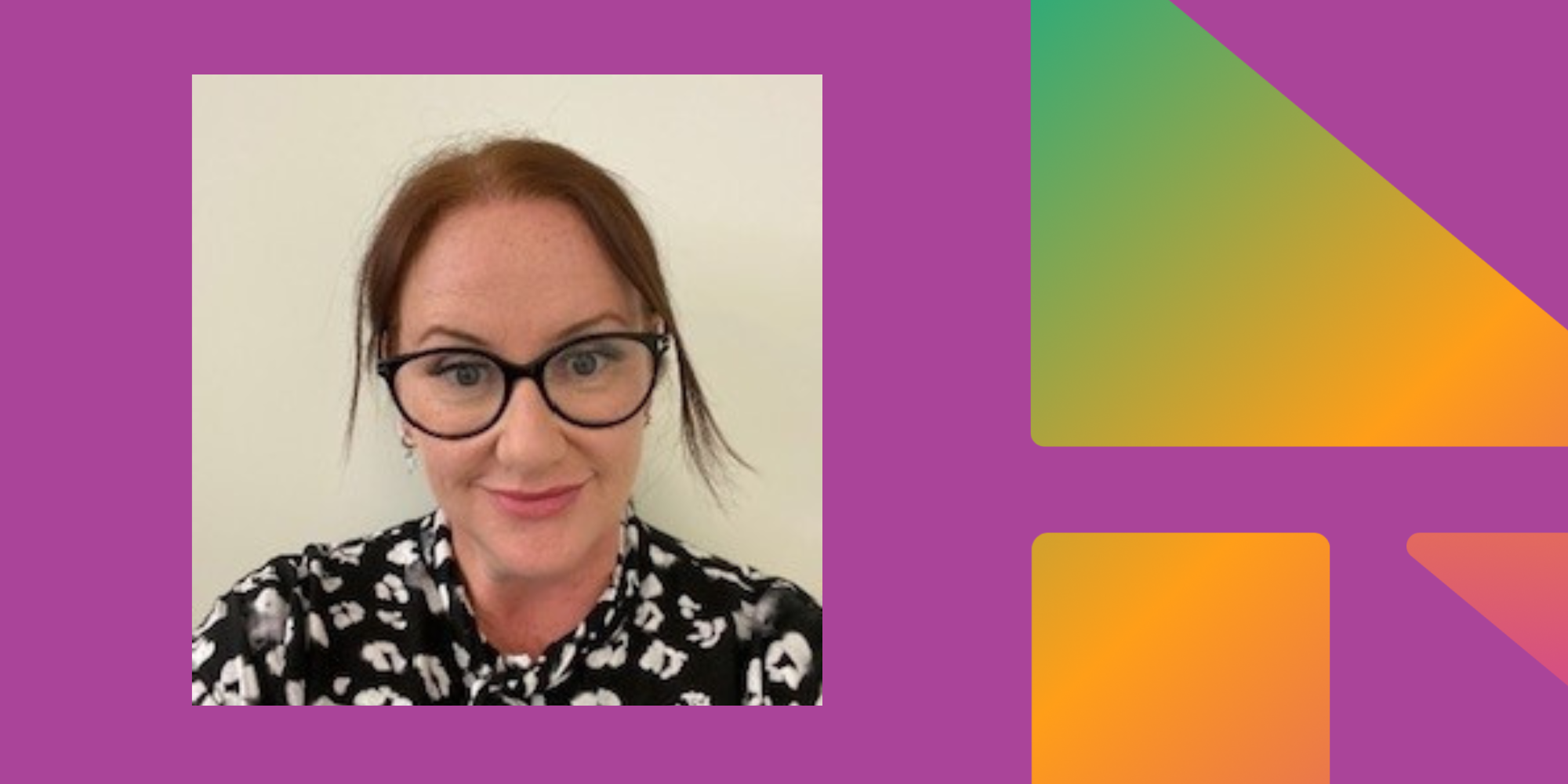60 Seconds With…. Sally Wilson
RCNi’s new national nursing event, Nursing Live, is being developed in partnership with an advisory board made up of nurses, clinical experts, and other healthcare practitioners, from a wide variety of backgrounds.
We caught up with advisory board member Sally Wilson, RCN’s Professional Lead for Older People and Dementia, and asked her about her career, her views on the profession, and why she’s supporting Nursing Live.
How and why did you become a nurse?
In the mid-90s I was employed as a care assistant for people with learning disabilities, which I really enjoyed, and my line manager told me about learning disability nursing. I had often thought about moving into nursing, but had been unsure about which branch to pursue. So once I became aware I could train to be a Learning Disability nurse, I applied.
What inspires you most about nurses and the nursing profession?
The diversity of the profession, and the people within it, makes nursing exciting and creates endless opportunities and possibilities, which I find really inspiring. After all, as a profession we are intelligent, resilient and kind, and need to act as advocators, negotiators, delegators, deliberators, completers, plus many other roles.
Further, to develop a genuinely holistic approach to nursing, we need to ensure we have the diversity of skills to match. This is where nurses with different but complementing skill sets come into play, and we can learn so much from each other by working together.
What is the biggest challenge nurses are facing?
Years of staffing shortages and poor pay meant many nurses were already pretty much broken even before the pandemic. So subjecting an already exhausted workforce to more governance processes and increased paperwork was never really going to succeed.
Further, despite being angelified and ‘worshipped’ throughout Covid, nurses are still not viewed as professionals. That, combined with a lack of financial incentives from the government, and ongoing issues with supplies and staffing, means the profession remains stretched, massively under-resourced, and incredibly fragile.
Who do you admire most within the nursing profession and why?
I’ve been very lucky to have worked with the most incredible leaders and colleagues, many of whom I admire deeply both professionally and personally. Further, the matrons I have worked with have all been amazing and have taught me so much. I was also fortunate enough to work for one of the best Chief Nurses ever, and the lessons and insights she has shared with me will stay with me throughout my career.
What advances are you most excited about in the future?
Trying to visualise further advances is daunting, especially ones involving technology as we have no idea where that might take us. For example, when I first started there were still smoking rooms on every ward, and there were no computers in the Sister’s office, and yet look where we are now. But one of the key things I hope we can achieve is getting existing platforms and technologies to speak with each other; sharing information and working together to ensure patients have a more seamless experience.
What do you think nurses need right now?
Lots of things. A bursary for students, a sensible salary, good levels of annual leave, further education, and free childcare, for starters. The profession also needs time to rebuild and restore a very depleted and broken workforce.
Why should nurses be proud of their profession?
Nursing is an absolute privilege. It involves being there for people in times of utter crisis, and being able to treat them with care, compassion and empathy from the moment they are admitted to when they can be safely discharged. Managing the emotions and expectations of patients and relatives is something else we excel in.
All of these are highly skilled interventions requiring the right person with the right training and the right support. When you get all of that, and you see your patients making progress and returning to their own homes and lives, then you really appreciate what an incredible difference we make.
What are your reasons for wanting to be involved with Nursing Live?
Quite simple really, to share and learn.


